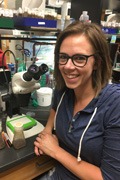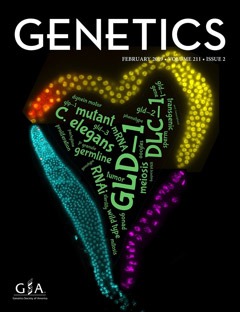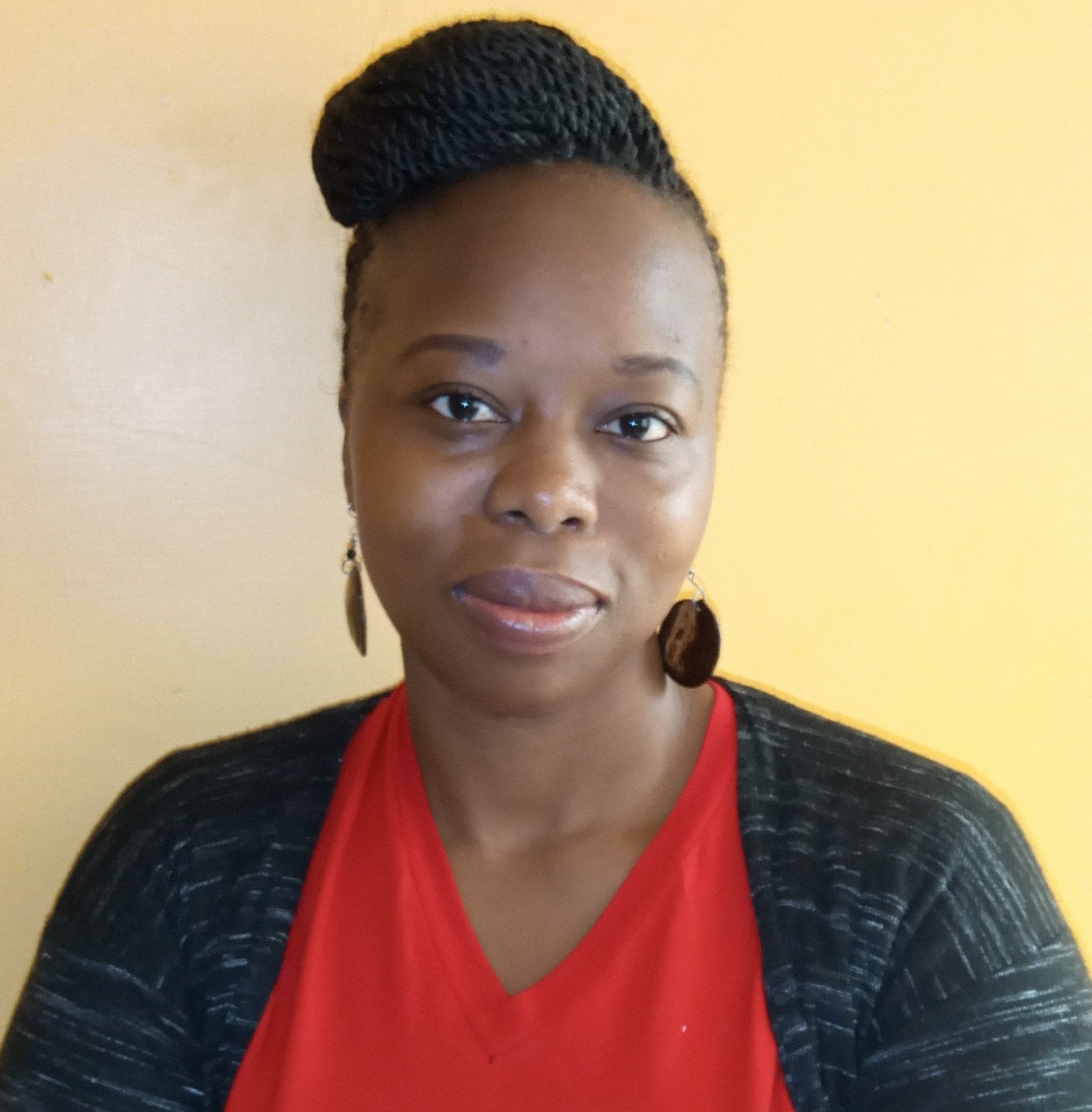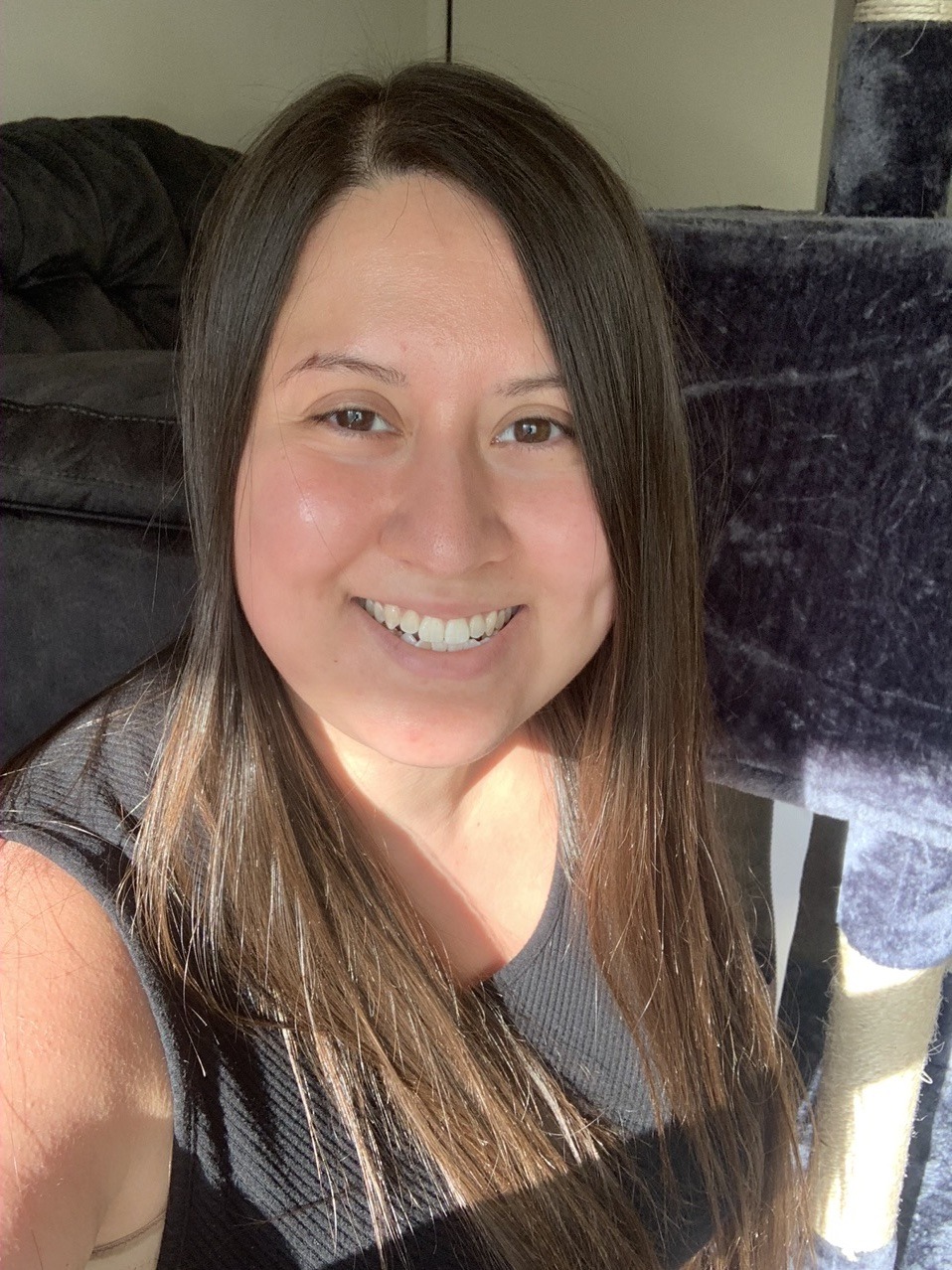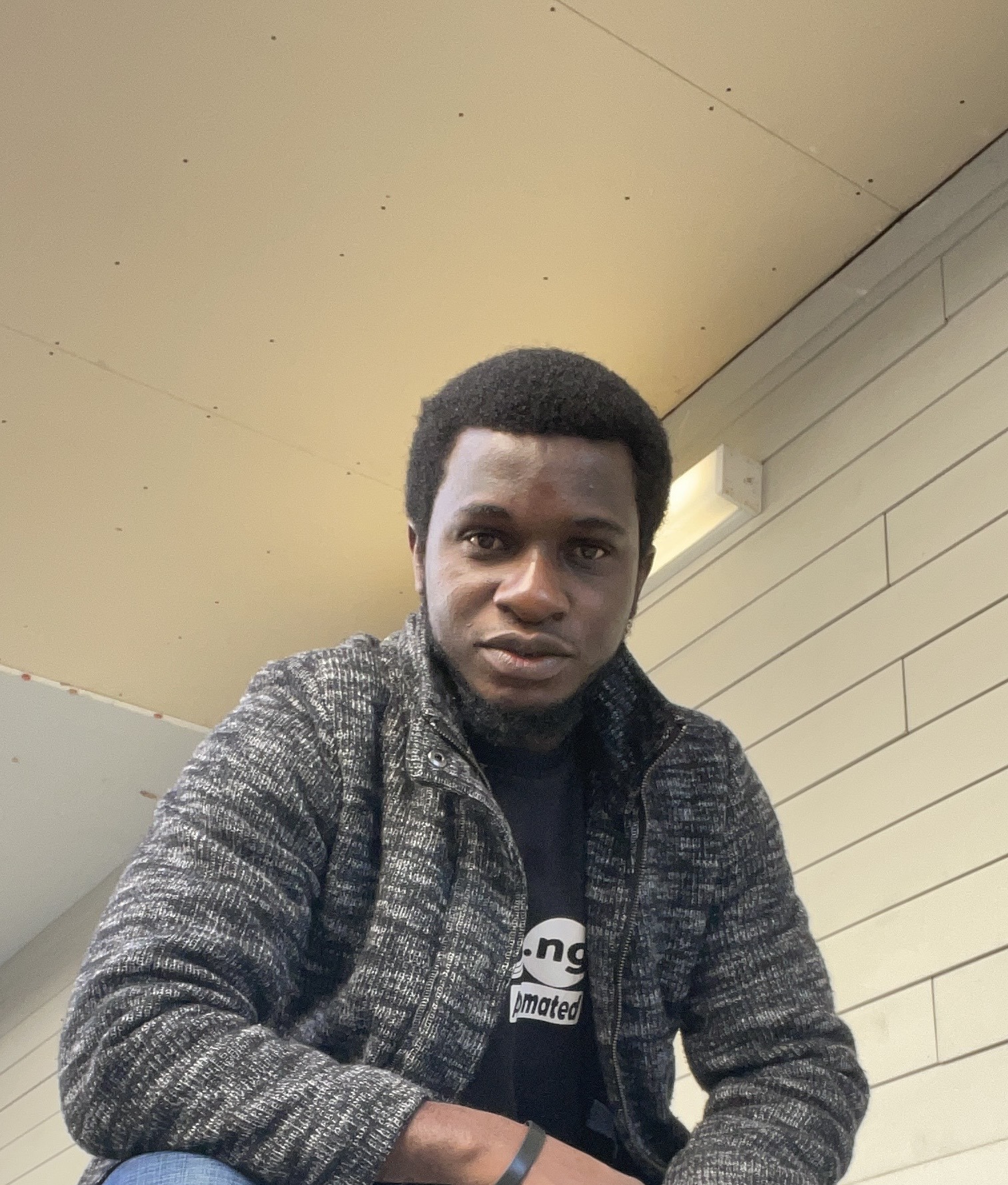Early Career Scientist Communication and Outreach Subcommittee
The Communication and Outreach Subcommittee aims to bridge the communication gap between scientific disciplines, as well as between scientists and the public. Members work together to craft informative articles and projects, helping to make new discoveries more accessible among researchers and fostering society’s understanding and appreciation of science.
Learn more about the Early Career Leadership Program.
Advisors:
- Elisabeth Marnik (Husson University)
- Stephanie Mohr (Harvard Medical School)
Goals:
- Draw connections between fundamental discoveries that have originated in the genetics community and show how they have contributed to advancements in science, medicine, and technology.
Current Projects:
- Curate the Science Communication Resources site
- Organize the Science Communication Workshop Series
- Create infographics and write communication pieces describing transformative discoveries for a general audience.
Current Members:
Co-Chair
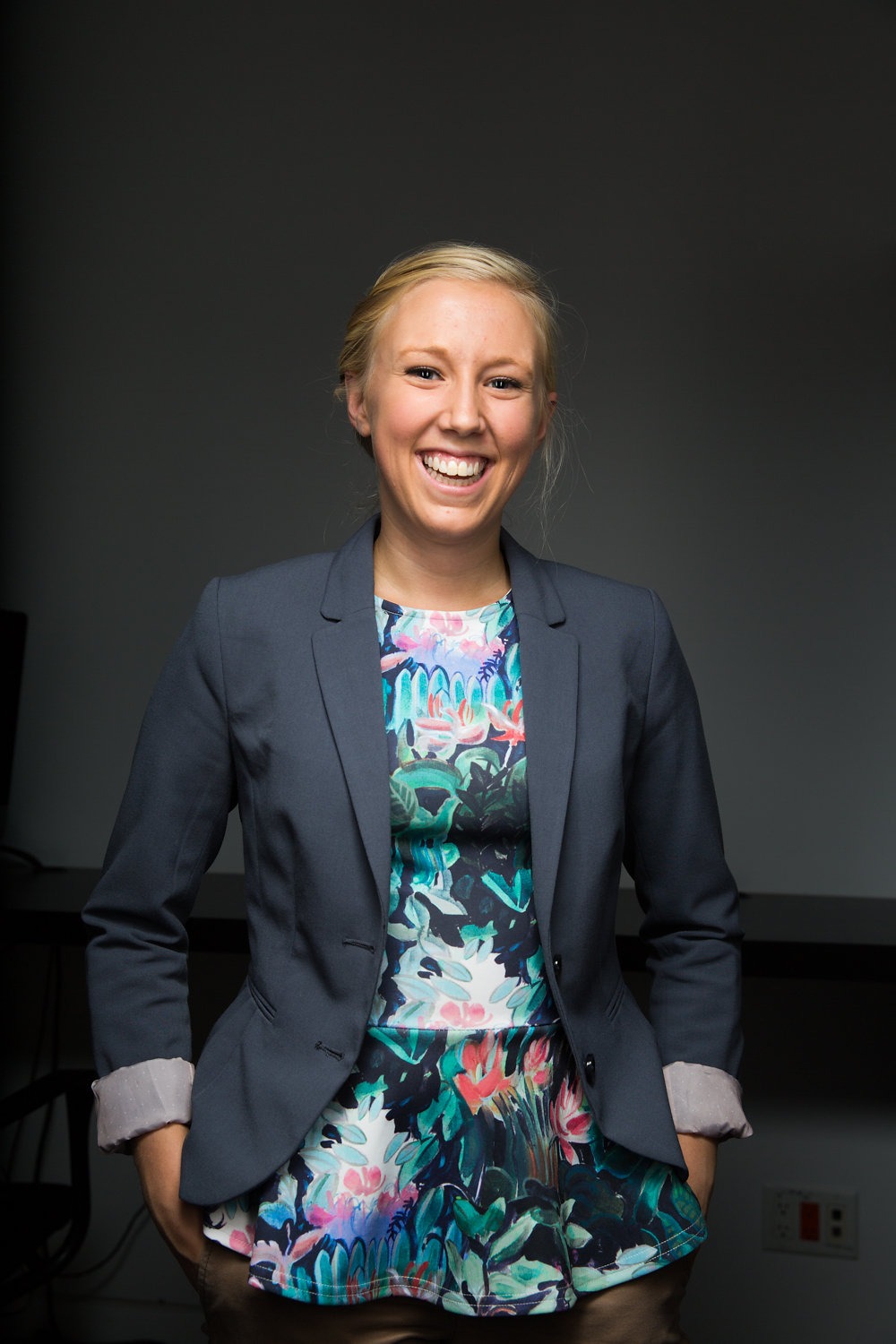
Jessie MacAlpine
Co-Chair
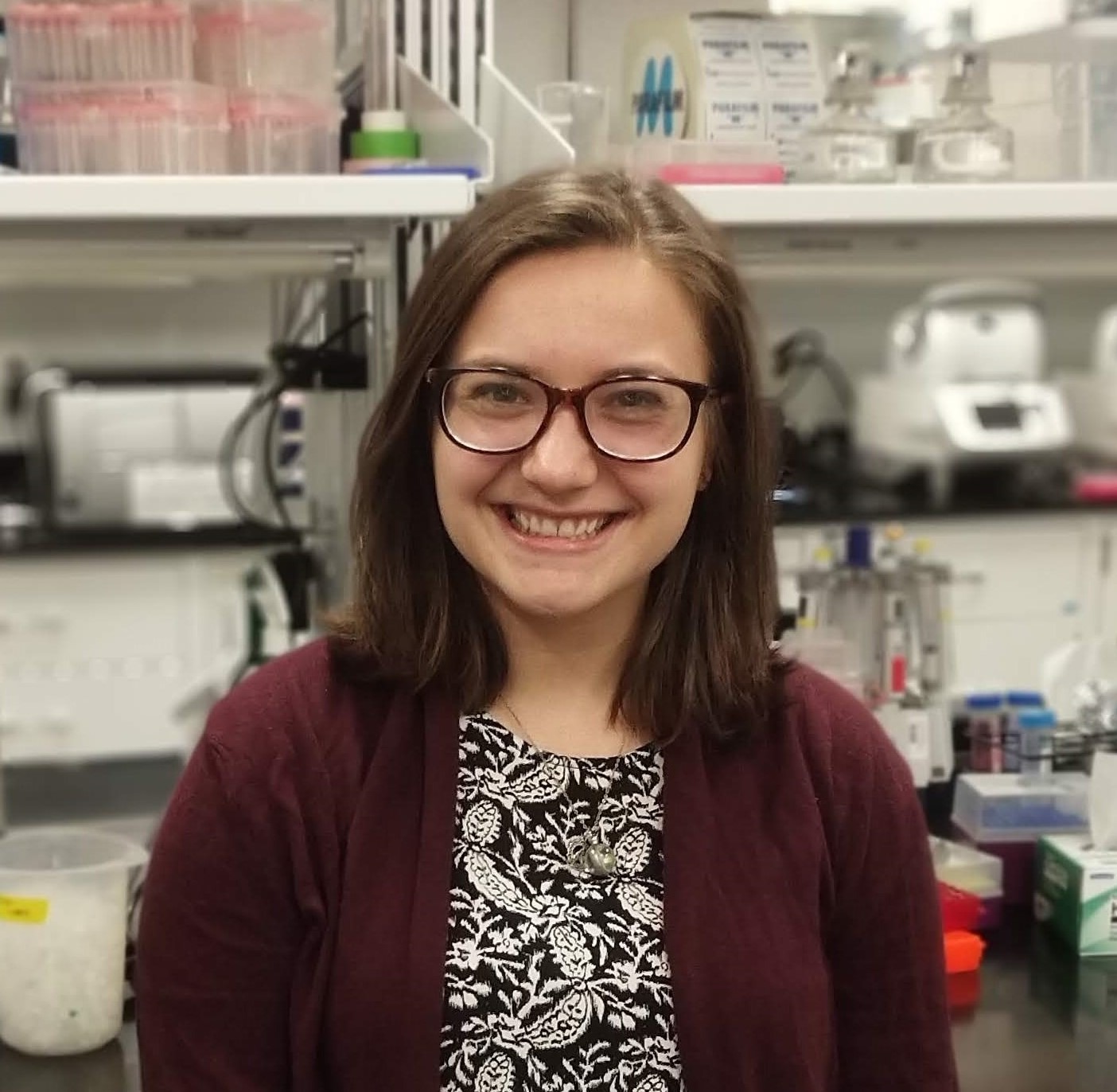
Angela Jones
Member
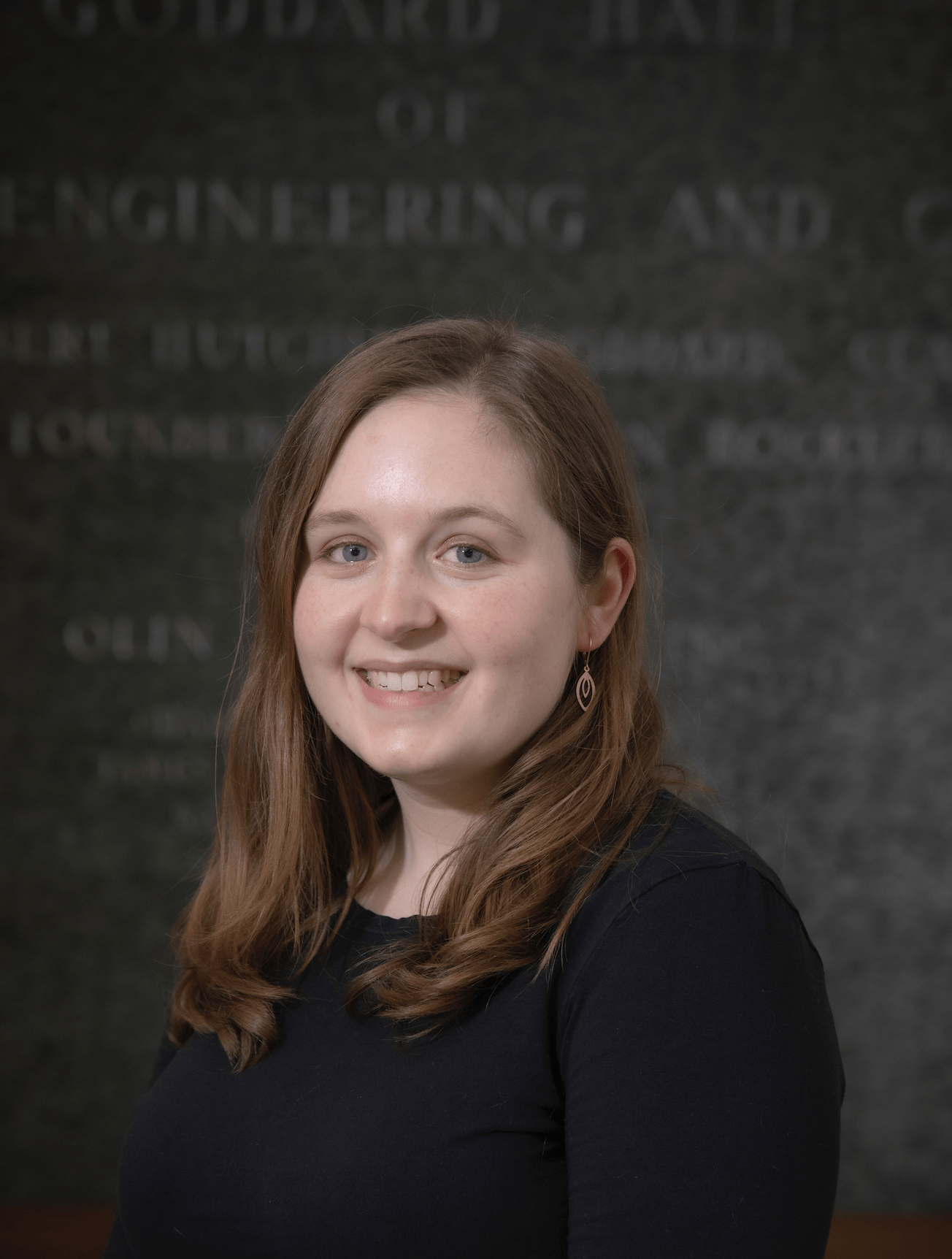
Caroline Muirhead
Member
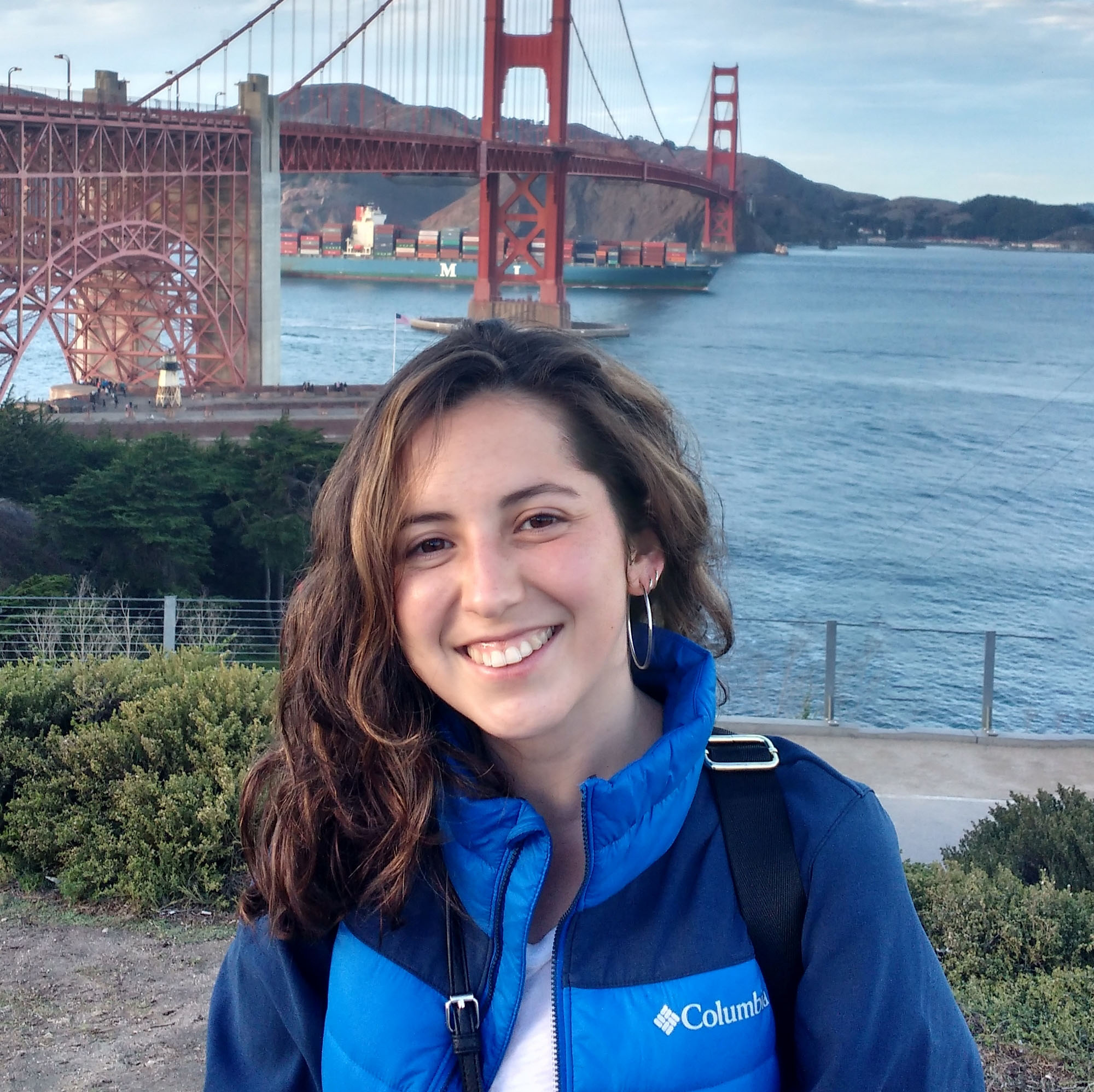
Daniela Soto
Member
Member

John Rojas Pino
Member
Member
Member
Member
Featured Projects
Committee Member Publications
2022:
Ten simple rules for improving communication among scientists
How to avoid overcommitting in grad school
How to get what you want out of graduate school: lessons from the business world
2021:
So, you’ve been asked to talk to the public: lessons from COVID-19 news coverage
CRISPR: A New Way for Scientists to Edit DNA
So, you’ve been asked to talk to the public: lessons from COVID-19 news coverage
Yeast models provide new insights into neurodegenerative diseases
What is the new way scientists edit DNA?
2020:
Bizarre Bases: what studying organisms with weird genomes tells us about the rules of life
“Hurdles and advances to making science gender neutral”
“How bioinformatics can help fill the therapeutic drug pipeline”
“Extra copies of the genome can be a bonus”
“Recap and resources from the TAGC 2020 Science Communication workshop”
“How to get started in science communication”
“Navigating fake news as a scientist”
2019:
“From Laboratories To Space: Experimental Organisms Contribute To Space Research”
“The Good, The Bad, And The Model: The Diverse Roles Of Fungi”
“Cell Culture: From Industrial Brewing To Transforming The Science Of Medicine”
“Search For Life: How Organisms On Earth Help Us Understand Space Environments”
“Not all genes are necessary for survival – these species dropped extra genetic baggage”
2018:
“Becoming Personalized: How In Situ Hybridization Helped Revolutionize Healthcare”
“Microtubules And Cell Division: An Unexpected Journey”
2017:
Join an ECS Committee
Are you an early career scientist member of GSA? Apply for an ECS Committee to help shape the future of the GSA community and make your voice—and the voices of others like you—heard.
Learn more about Early Career Leadership at GSA
Early Career Scientist Leadership Program
Students, postdocs, and other early career scientists (ECS) are the future of the GSA community. To strengthen their voice in the Society, GSA developed the Early Career Scientist leadership and professional development program. This program provides rich opportunities for early career scientists to develop skills, gain leadership experience, network, and produce concrete deliverables that demonstrate their abilities.
GENETICS Peer Review Training Program
Peer-reviewers are vital to science, yet early career scientists in our field rarely receive formal training in how to be a good reviewer. GSA and GENETICS are addressing this gap with a program that gives early career members real-world peer review experience. Participants will receive online training, advice from GENETICS editors, and will become reviewers for manuscripts submitted to the journal.

